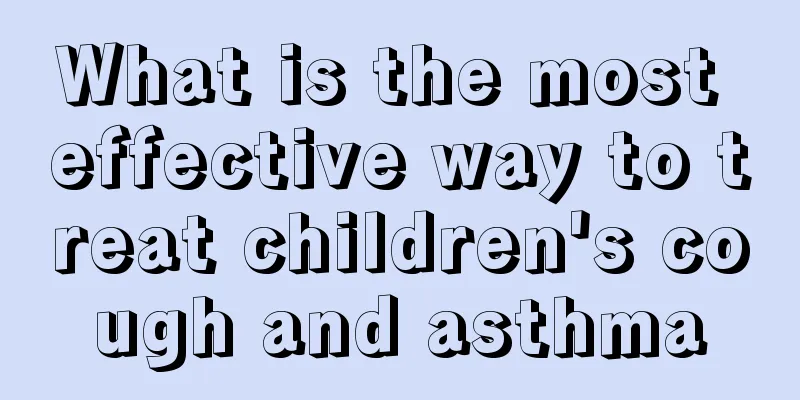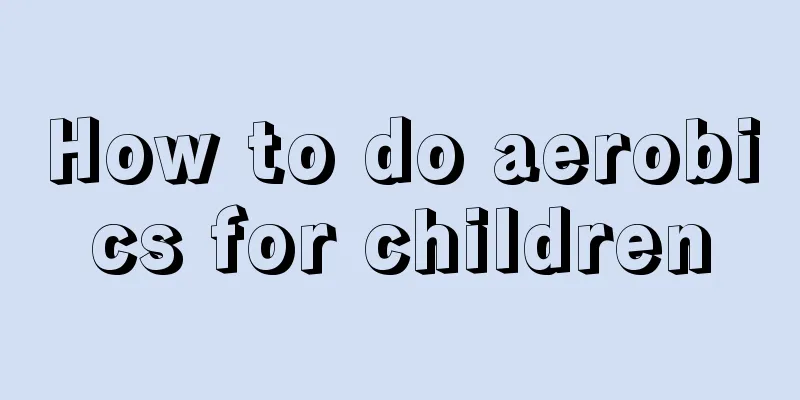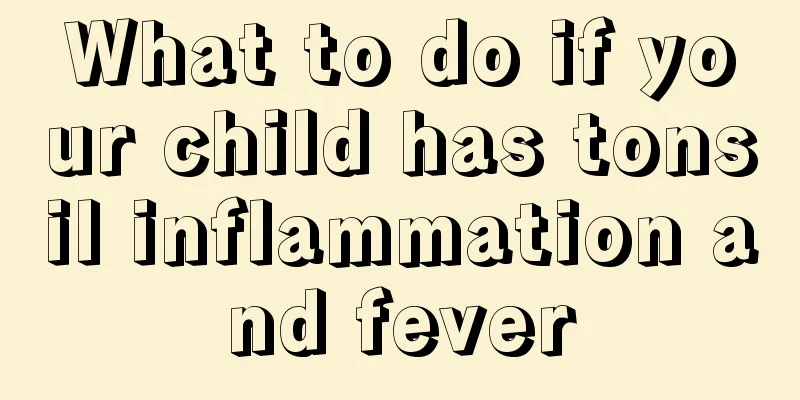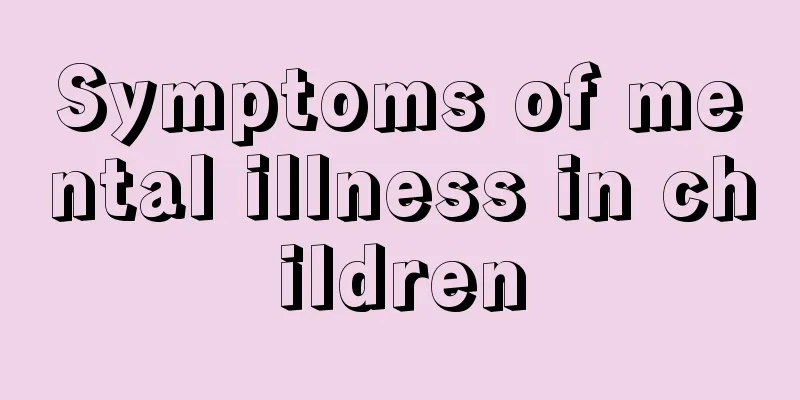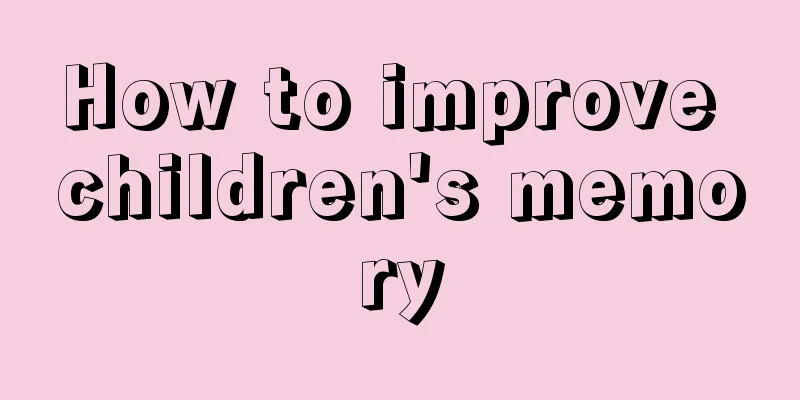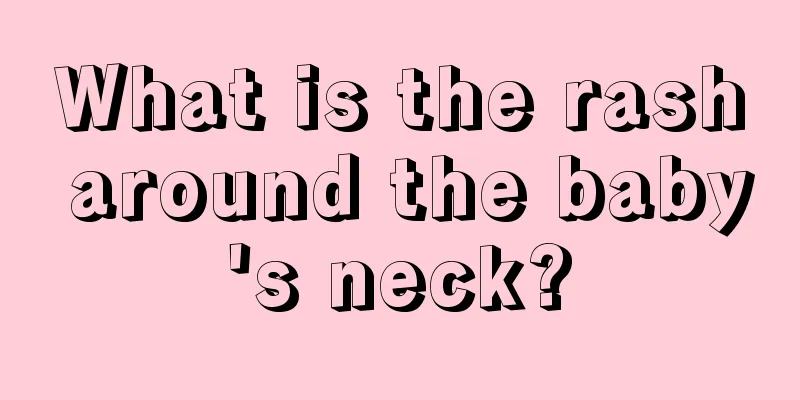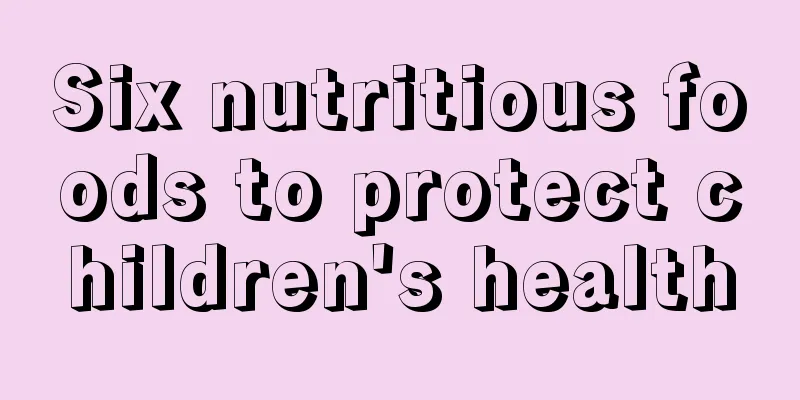How to treat gingivitis in children?
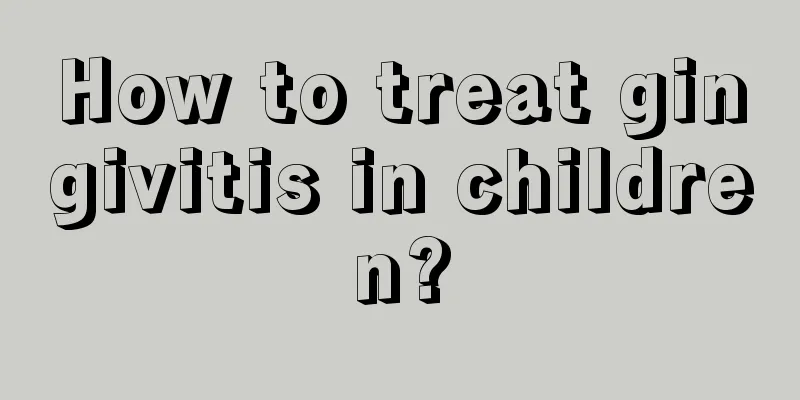
|
Gingivitis is a common oral disease in our lives. Children are generally susceptible to gingivitis due to their incomplete development of their immune system, inability to properly brush their teeth, and other reasons. Common symptoms include bleeding gums, redness and swelling of the tooth roots, and distension and pain. If not treated promptly, it is very likely to lead to more serious periodontitis. So how should gingivitis in children be treated? Gingivitis in childhood is related to the eruption of permanent teeth, crowded dentition, bad habits and long-term use of certain medications that lead to inflammation and hyperplasia of the gums. The main treatments for gingivitis in children are as follows: 1. Eruptive gingivitis: When permanent teeth erupt, the gums swell and bleed. The symptoms disappear as all teeth erupt. 2. Dirty gingivitis: children cannot master the correct method of brushing teeth, have poor oral hygiene, and have redness and swelling of the gingival margin and gingival papillae; in severe cases, the alveolar bone may be destroyed. 3. Crowded gingivitis. Teeth are crowded and unevenly arranged. The oral self-cleaning function is poor. Food residues are retained, which stimulate the gingival tissue and cause inflammation, hyperplasia and hypertrophy of the gums. Regardless of the cause of gingivitis, it is related to poor oral hygiene. To prevent gingivitis in children, parents should educate and guide their children to brush their teeth carefully and correctly every day, especially before going to bed. Parents can protect their children's oral cavity in the following ways: 1. Pay attention to oral hygiene and let children develop the habit of brushing their teeth frequently and gargling their mouths more often, especially brushing their teeth before going to bed; 2. Master the correct method of brushing your teeth. You should brush along the long axis of the teeth, brushing the upper teeth downwards and the lower teeth upwards, and remember to brush the tongue coating; 3. Do not give your child food before bedtime. When your child is upset, do not use food to coax him, such as candy, etc.; 4. Children should chew their food slowly when eating, and eat more fruits and vegetables rich in vitamin C and folic acid, such as carrots, spinach, fungus, hawthorn, apples, etc. If your child has gingivitis, you must take it seriously. Take your child to the hospital immediately to avoid worsening of symptoms. In addition, children should be encouraged to develop good living habits: eat less sugary foods and more fruits and vegetables; rinse their mouths after meals, brush their teeth frequently in the morning and evening, and cultivate children's awareness of protecting their dental health from an early age. |
<<: What should children eat if their eyes are not healthy?
>>: How to stop a child's nose bleeding?
Recommend
Early education for two years and eight months old baby
When the baby reaches 2 years and 8 months, he su...
What are the symptoms of babies with brain dysplasia?
Children's brain maldevelopment is also a kin...
What to do if you have congenital microcephaly?
Nowadays, people don’t pay attention to many thin...
What is the best time to perform six-finger amputation in newborns?
After a newborn is born, his parents will take go...
What is the cause of white urine in children?
Generally speaking, human urine is colorless or l...
What are the requirements for the baby's turning over time?
Newborns are the most vulnerable group that deser...
Symptoms and treatment of rhinitis in children
Pediatric rhinitis is one of the most concerned d...
Baby diarrhea pus balls recurring
If the baby has repeated diarrhea, parents must p...
What are the symptoms of lobar pneumonia in children?
Pneumonia is a relatively complicated disease cli...
The development process of adolescent boys
Children's real development begins during pub...
Why does a child roll his eyes when sleeping?
Parents often closely observe their children'...
What will happen if dampness and toxins are present in the baby’s body? Please take note of these symptoms
If there is dampness and toxins in the baby's...
Why do children get scared when sleeping?
When children are young, they sleep with their pa...
What does it mean when my baby’s blood lymphocyte count is high?
Every baby can be said to be the treasure of the ...
How is cerebral palsy treated in children?
Cerebral palsy is a disease with a very high inci...
